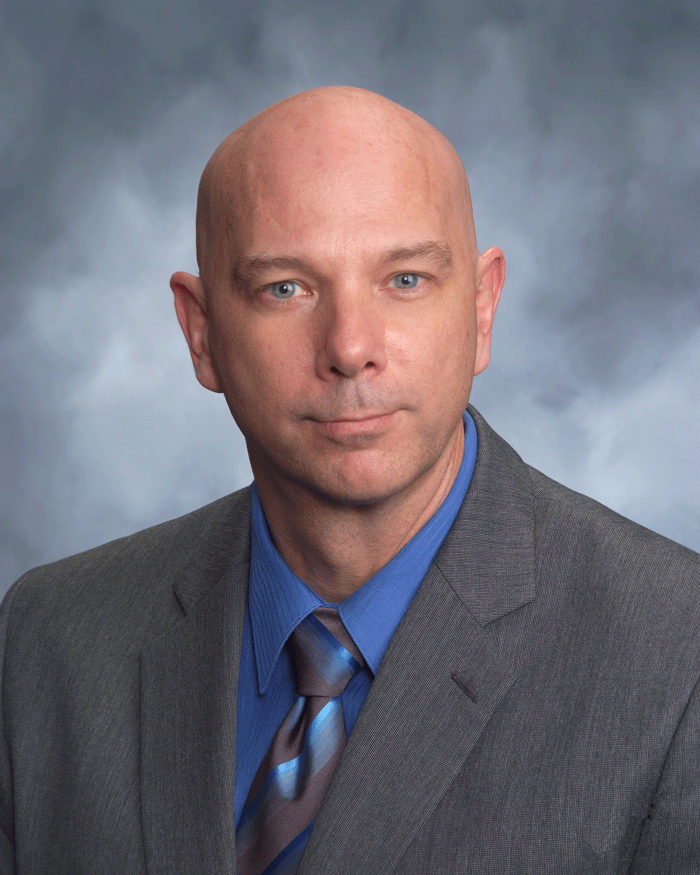
I recently brought my rapidly aging pickup in for repairs on its flux capacitor, and after telling my mechanic my plans to get 300,000 miles out of it, he offered me some advice. Upon learning that his personal truck had nearly 300,000 on the odometer, I counted his advice as Gospel, grounded to his solid track record of ability and expertise. He has earned my trust and business as a result.
Thirty years ago, I tinkered on my own vehicles, often causing more damage because I assumed my driving experience translated to mechanical expertise. I have noticed that public schools are approached similarly. We have all attended school; we all have driven cars, and neither have changed much in thirty years. How hard can it be to fix an engine or our entire educational system?
Over the past 12 years, Oklahoma has adopted, canceled, replaced, re-adopted, re-cancelled and modified so much that we can’t claim two years of consistency. Notably, we have changed our state’s curriculum no less than four times since 2010. We started with PASS, switched to Common Core, switched back to PASS, and hastily drafted Oklahoma Academic Standards (OAS), which curiously resemble Common Core. Perhaps, we have overestimated our expertise, because after fifty trips to AutoZone, everything still pulls to the left, and it now makes weirder sounds.
Several years of consistency are needed to evaluate a curriculum, but Oklahoma has not properly implemented anything in over a decade. To make it worse, we started all over with the 2020 closures and testing cancellations. Of course, all this tinkering unfolded with widespread bi-partisan support, and we continue to confidently tinker without understanding the parts. Unfortunately, anyone with substantive administrative experience is disqualified from leading our state because they have made too many tough decisions. Consequently, an entire generation of students has graduated knowing nothing but inconsistency, curricular confusion, and finger-pointing.
This year, we will select our new state superintendent, and for the first time in a generation of students, we will have a veteran classroom teacher leading our schools. Despite their driving experience, however, we do not know their mechanical abilities. Surprisingly, managing a school, a district, or a multi-billion-dollar state agency requires some expertise and experience – teams of teams who know the ramifications of modifying or removing the flux capacitors. (Yes, Mr. McFly, I know that’s make-believe.) Their new DeLorean is not only bigger but also infinitely more complex.
The nagging issue of experience, therefore, looms over our schools. Lofty ideas of disrupting the status quo and abruptly adopting/cancelling programs are nothing new for Oklahoma – look at the last 12 years and the revolving door of hastily adopted legislative “fixes” for schools that required many trips to AutoZone. Look at how many times we have dismantled the third-grade Reading Sufficiency Act under the shade tree, and you will understand.
Our next state superintendent will be an experienced classroom teacher, but the victor will need seasoned mechanics to help them. Someone with 300,000 miles on their odometer would be nice, but with so much dark money and non-Oklahoman influences in this election, we should be very interested in everyone behind the scenes. Hopefully, they understand the ramifications of marginalizing parents or rejecting federal funds . . . you know, the simple stuff! Admittedly, anyone can work on a car, but maybe we need to see some odometers and resumes.
After all, Oklahoma roads are much different than California’s or Florida’s, where we seem to get so many of our new ideas. I am confident I will reach 300,000 miles on my Ram, but I wonder how much more well-intentioned but inexperienced tinkering our state’s schools can tolerate. (Unless, of course, that is the plan.) It will be nice to have a classroom teacher in the Oliver Hodge Building; let’s hope they assemble a solid team of drivers and mechanics as they fulfill their promises to “fix” everything in our local schools, including those pesky flux capacitors.
Tom Deighan is a public educator and author of Shared Ideals in Public Schools. You may email him at deighantom@gmail.com.